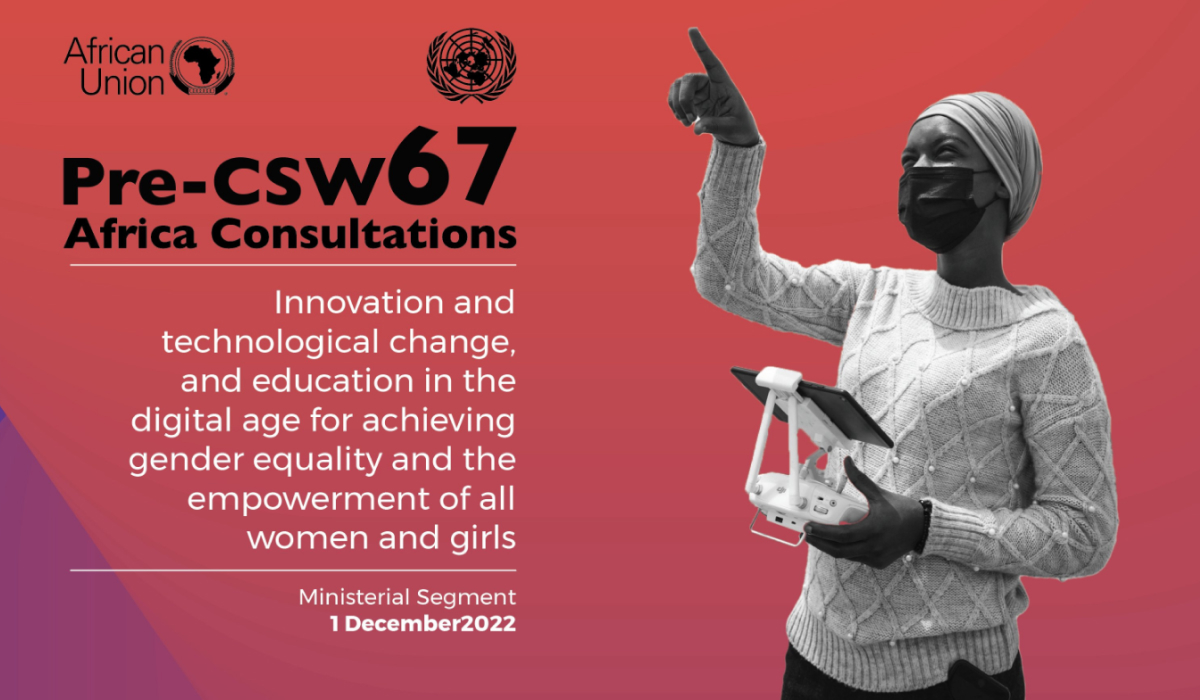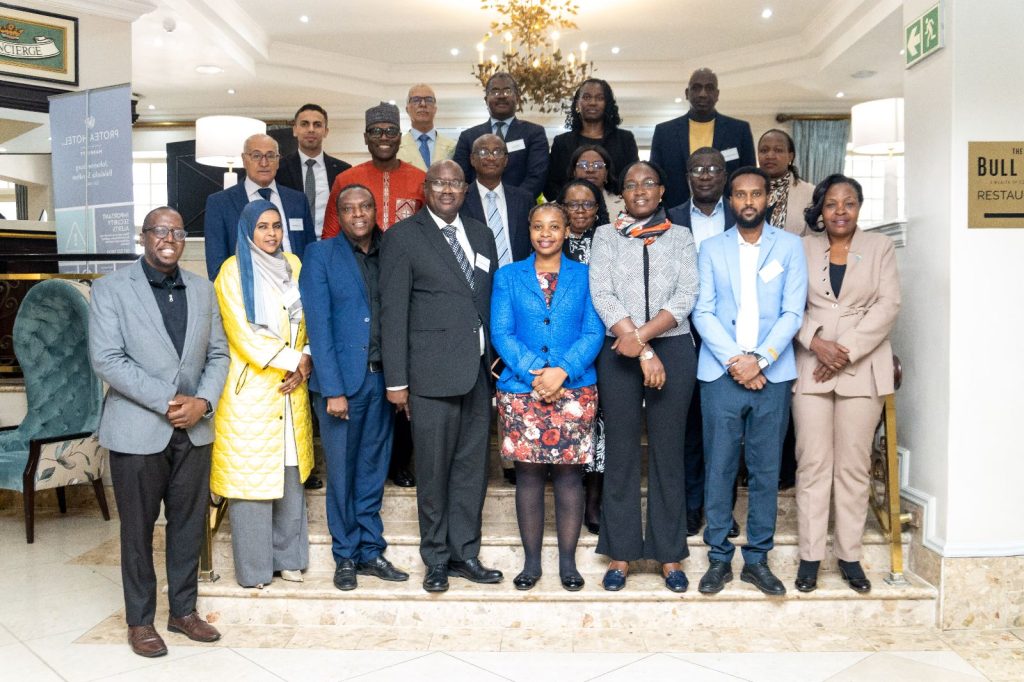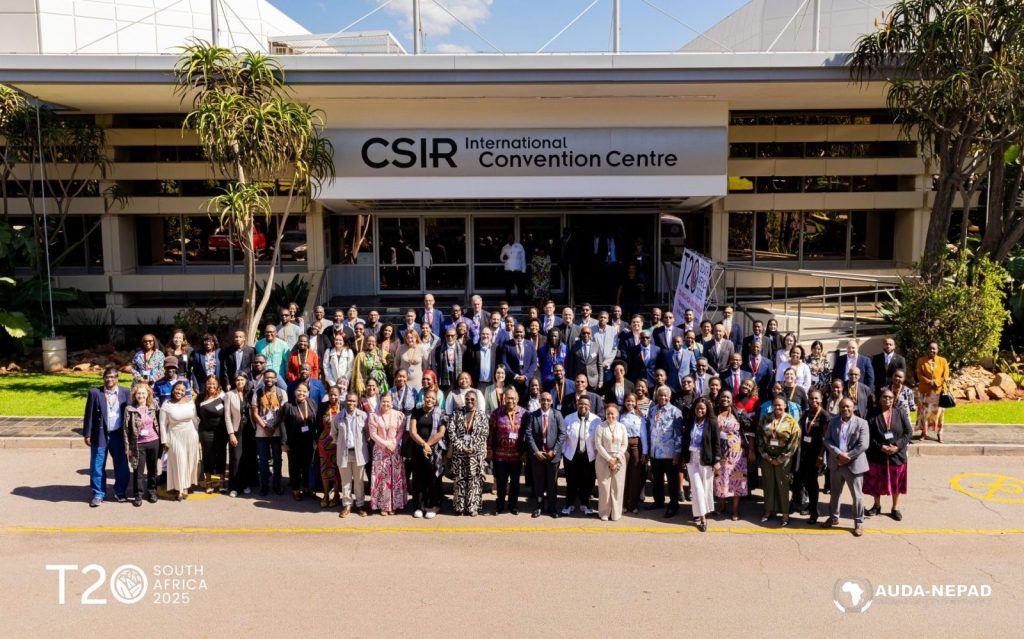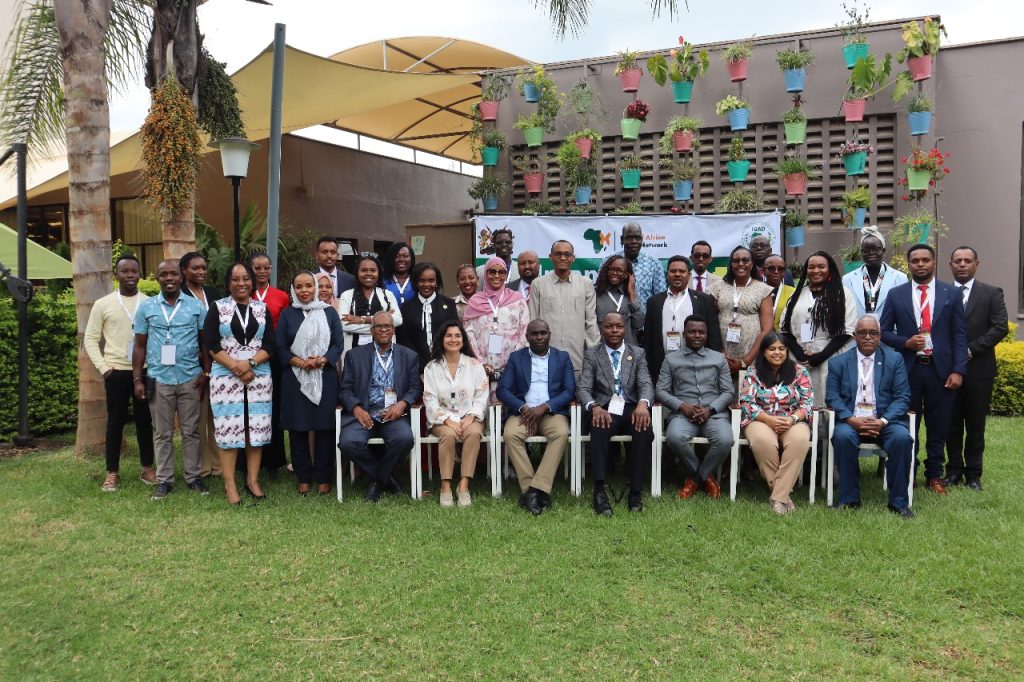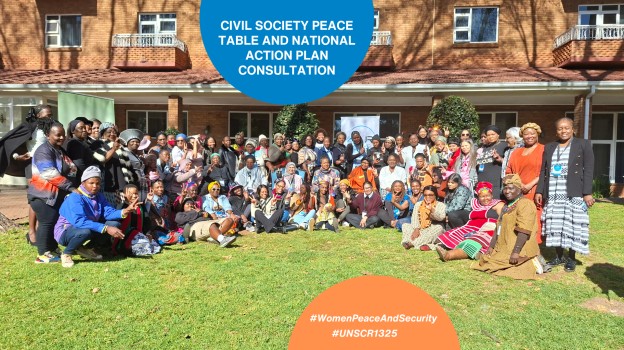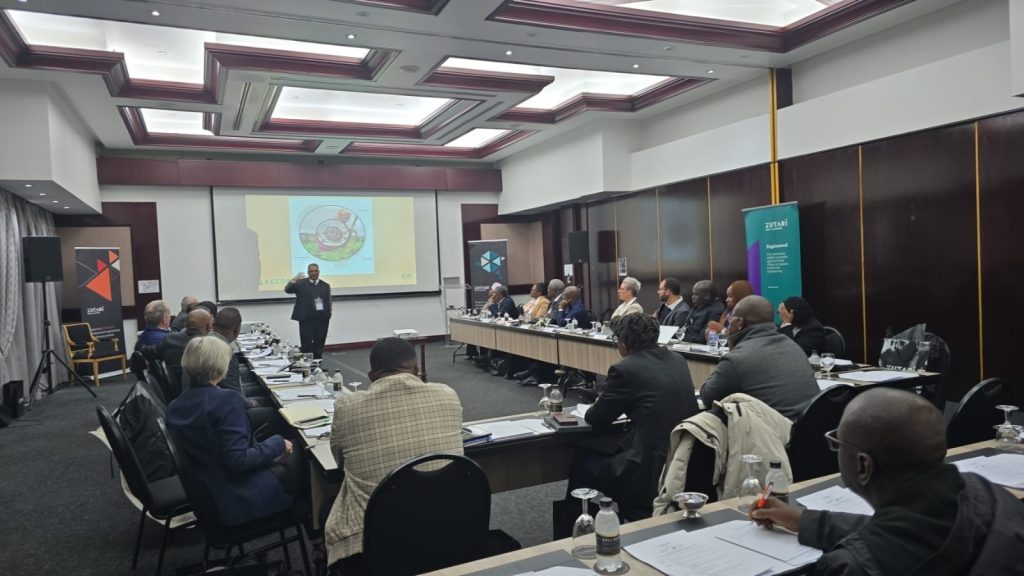On 29 – 30 November 2022, ACCORD attended a virtual consultative meeting in preparation for the sixty-seven (67th) session of the United Nations Commission on the Status of Women (CSW67) on the priority theme “Innovation, technological change, and education in the digital age for achieving gender equality and the empowerment of all women and girls”.
The meeting built on commitments made in the international and regional normative frameworks on the human rights of women and gender equality, mainly: the 1979 Convention on the Elimination of All Forms of Discrimination against Women (CEDAW); the 1948 Universal Declaration of Human Rights (UDHR); the Protocol to the African Charter on Human and Peoples’ Rights on the Rights of Women in Africa (Maputo Protocol), 2003; the Solemn Declaration on Gender Equality in Africa (SDGEA), 2004; and the Africa Union Agenda, 2063 amongst other frameworks.
The attendees noted that while technology and innovation is welcomed as crucial means to accelerate the achievement of the Sustainable Development Goals, statistics have shown that gender disparities still exist. According to the International Telecommunications Union (ITU), in Africa, women account for only 24% of the population using the internet, while men account for 35% of users. The attendees addressed the importance of ensuring that these technological developments do not widen the digital gender divides.
Speaking at the opening ceremony of the ministerial segment of the consultations, UN Women Regional Director for East and Southern Africa, Dr. Maxime Houinato, called for efforts to ensure that the interests of African women and girls be configured as a guideline to the principles that motivate for the governance of technology and innovation. Similarly, Director of the African Union Commission for the Women, Gender and Youth Directorate, Ms. Prudence Ngwenya, called for the Common Africa Position to be translated into implementable actions and mainstreamed into the work that governments are doing towards achieving gender equality and women’s empowerment.
The following recommendations were made to build an inclusive digital economy and society:
- Implement existing pathways for economic development, job creation, access to services by ensuring that women and girls, have their business digitally enabled to strengthen their contribution to the African economy.
- Enforce policy and legal measures to address the socio cultural and educational issues, including poor infrastructure, that contribute to the exclusion of women and girls from accessing and using technological tools and facilitate and promote their access to digital devices and tools.
- Conduct on-the-ground assessment to understand women and girls’ connectivity and ownership needs.
CSW remains instrumental in promoting women’s rights, documenting the reality of women’s lives throughout the world, and shaping global standards on gender equality and the empowerment of women.

